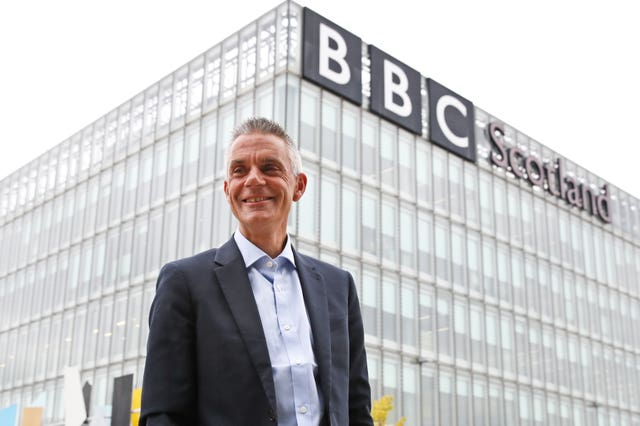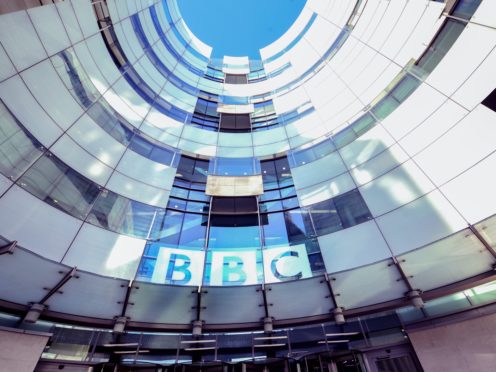People from working class backgrounds are often depicted negatively and are the object of ridicule on TV, a BBC report has said.
In its report on creative diversity on and off screen, it said: “Often those from lower socio-economic backgrounds are depicted negatively, fuelled by stereotypes and seen as the object of ridicule.
“We need to ensure our reflection is balanced.”
The BBC said the observation is about TV in general, not just the corporation’s output.

But it said the BBC must “move away from some stereotyping in characters and inform more nuanced on-screen portrayal in storytelling”.
The report cites Connell from Normal People, Eve from Killing Eve and Terry from I May Destroy You as good examples of fully fledged characters.
But more than a quarter of people (27%) say there is too little coverage of diverse socio-economic backgrounds on TV, it said.
The BBC also said it will meet audiences regularly to help boost diversity on screen.
It will hold “intimate in-depth sessions, to help build empathy and inform” programme-making decisions.
The BBC has previously committed to spending £100 million of its commissioning budget from April next year on diverse programming.

BBC director-general Tim Davie said: “Across the BBC, our focus has been on making sure that everyone – across the UK, from all backgrounds and communities – can feel that the BBC is for them.
“It’s about being relevant to every part of society, and delivering value to every household. We have a responsibility to reflect and serve all audiences.”
Director of creative diversity June Sarpong said: “How we respond to the challenge of creating a more inclusive organisation will determine whether the BBC can deliver value for all audiences into our future.
“This feels particularly pertinent as we approach the BBC’s centenary in 2022.”
The report said that “failure to seize this moment risks us losing the loyalty of future generations”.
